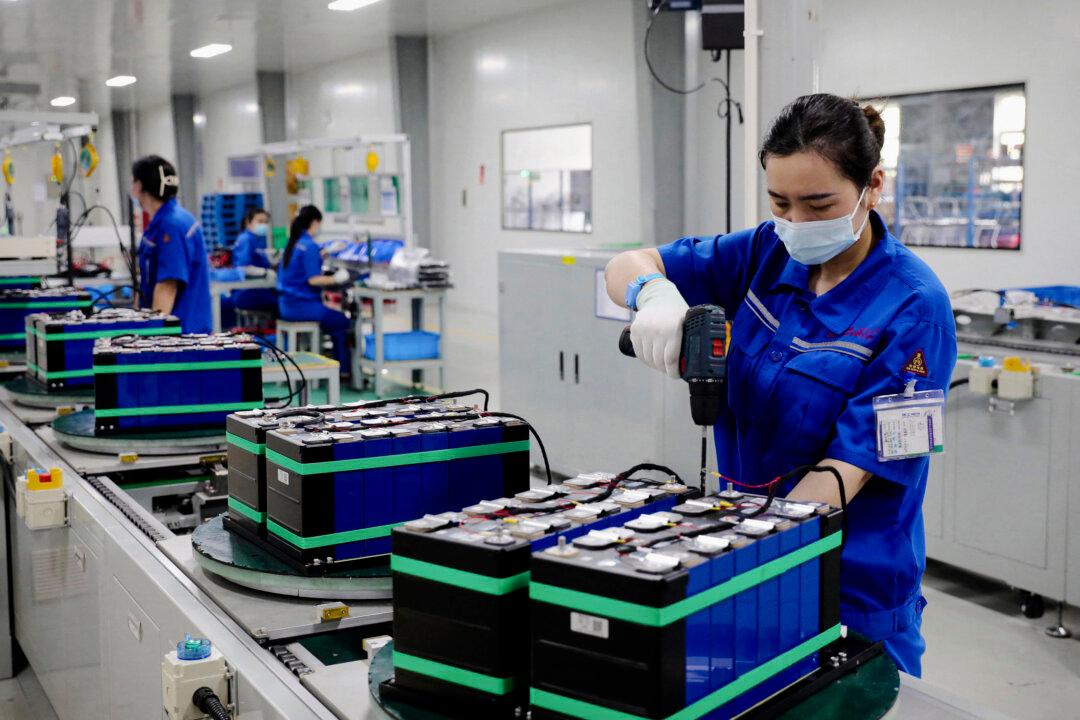The Chinese communist regime has unveiled a new proposal to tighten restrictions on technology used for batteries and critical minerals processing amid escalating tensions with the United States and other trading partners.
China proposed to broaden or modify the existing restrictions on technology and processes for extracting critical minerals, such as metallic gallium and lithium, according to a document released by the Ministry of Commerce on Jan. 2.




